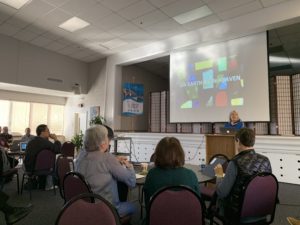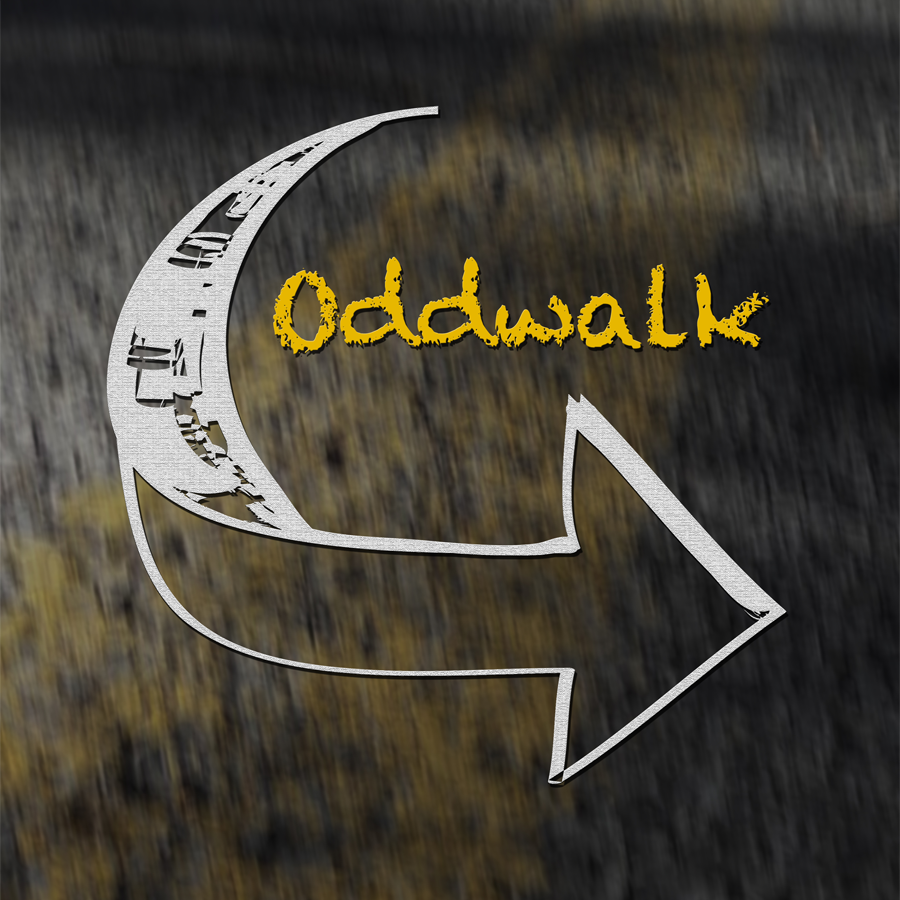 Hello from the Mercy Center in St. Louis! I (Orin) am again attending the annual Liturgical Composers Forum with over 70 of my peers in the ministry of helping the Church sing our prayer and our faith.
Hello from the Mercy Center in St. Louis! I (Orin) am again attending the annual Liturgical Composers Forum with over 70 of my peers in the ministry of helping the Church sing our prayer and our faith.
Our keynoter this year is Bernadette Farrell, composer of “Christ, Be Our Light,” “Alleluia, Raise the Gospel,” and countless more hymns of justice and building God’s reign on earth. She began this morning by encouraging us to consider where heaven meets earth – that this reign of God is already among us, announced by Jesus in the Gospels. How is it we engage in the holy work of revealing it more fully? By helping us reflect on what she calls “the loss of the common good,” she encourages us, unsurprisingly, in our music ministries as in every aspect of our faith, to minister as Jesus did, to find people at all the various margins of society, and to help bring them into the middle, meeting each other and all of humanity there, where working together we can be more holy, and more Christlike ourselves. Tomorrow we will discuss more about how the music we create can help serve that need too.
A specific focus of her talk this morning was about how, in many times and lands, women have been on those margins, in various degrees. Luke’s Gospel seems to be written for a culture where societally perhaps women were on the margins, but within the Church they were more active in the ministry of spreading the Good News. Luke’s Gospel includes many “scenes” ands parables that include women, and the Acts of the Apostles mentions that Saul seeks permission to arrest both men and women of “the way” – signifying that there must’ve been some reason to arrest them, in that case.
If you couple that with the expectation of the Church believing Christ’s return was soon, it’s not hard to imagine a society where equality was of great importance. But then, as more and more time passed without Christ’s return, and the Church lost this vision that the fullness of the kingdom was coming, they in turn lost the theology of living that unity and equality – neither male nor female, neither Greek nor Jew, neither slave nor free…
Bernadette offered to us that losing that vision was a significant factor in many of the more troublesome aspects of the way the faith has been made manifest through time and space, and perhaps most troubling of all has sometimes led to a certain dualism which has no place in the faith.
“Equality” is a tricky word – one which we think we all share an understanding and definition of, but which, upon closer inspection, it turns out we don’t at all. This could be the most troublesome dualism of them all. A takeaway for me from the morning is that, when with friends, peers, and acquaintances in the Church, if we are discussing the roles of men, women, gender, power, authority, ministry, and equality in the Church, to begin that discussion by teasing out what each of us believe “equality” to be, informed not only by scripture and tradition, but by God’s continuing voice and activity in our lives.
